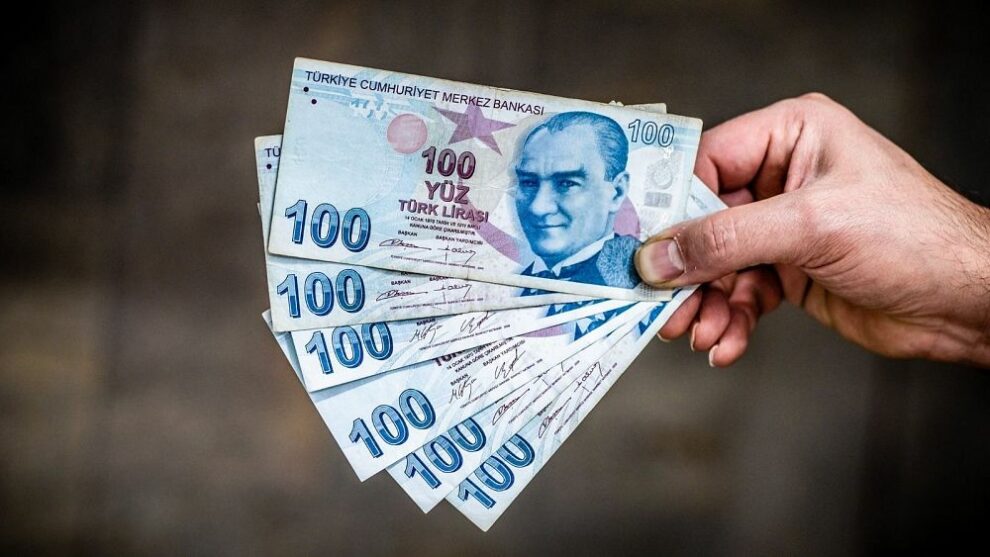The U.S. dollar suffered substantial losses on Thursday and fell below the 100 mark for the first time since April 2022, as the U.S. Producer Price Index (PPI) for June showed the U.S. inflation cooling.
The dollar index, which measures the greenback against six major peers, decreased 0.75 percent to 99.7696 in late trading, recording its new low following Wednesday. The greenback was headed for its biggest weekly slide in 2023.
The PPI for final demand, a measure of wholesale prices, rose 0.1 percent in June, on the heels of a 0.4 percent decline in May, the Bureau of Labor Statistics reported Thursday, which was less than the 0.2 percent increase that economists had expected.
The PPI data followed Wednesday’s consumer price index (CPI) report, which showed U.S. core inflation slowed significantly.
“With inflation slowing down faster than expected, the Fed’s tightening is producing the desired effect, and investors have started to price-in the end of the current hiking cycle,” said ActivTrades analyst Ricardo Evangelista.
Analysts also pointed out that, while showing signs of softness, the labour market was still robust and the economy remained in good health.
Initial jobless claims for the week ending July 8 fell by 12,000 to 237,000 from 249,000 prior (revised from 248,000), the U.S. Department of Labor said Thursday. However, the decline could be tied in part to the July 4 holiday, since unemployed workers sometimes delay applying for benefits around a holiday.
In late New York trading, the euro rose to 1.1220 dollars from 1.1137 dollars in the previous session, at its highest since April 2022.
Data showed on Thursday that Britain’s economy shrank by less than expected in May, so that the Bank of England might be able to raise interest rates further without derailing growth.
The British pound rose modestly against the dollar on the back of the data, up to 1.3129 dollars from 1.2991 U.S. dollars in the previous session in late trading.
The U.S. dollar bought 138.0260 Japanese yen, lower than 138.3180 Japanese yen of the previous session. The U.S. dollar plunged to a fresh eight-year low to 0.8587 Swiss francs from 0.8670 Swiss francs, and it was down to 1.3108 Canadian dollars from 1.3192 Canadian dollars. The U.S. dollar fell to 10.2078 Swedish Krona from 10.3800 Swedish Krona.










